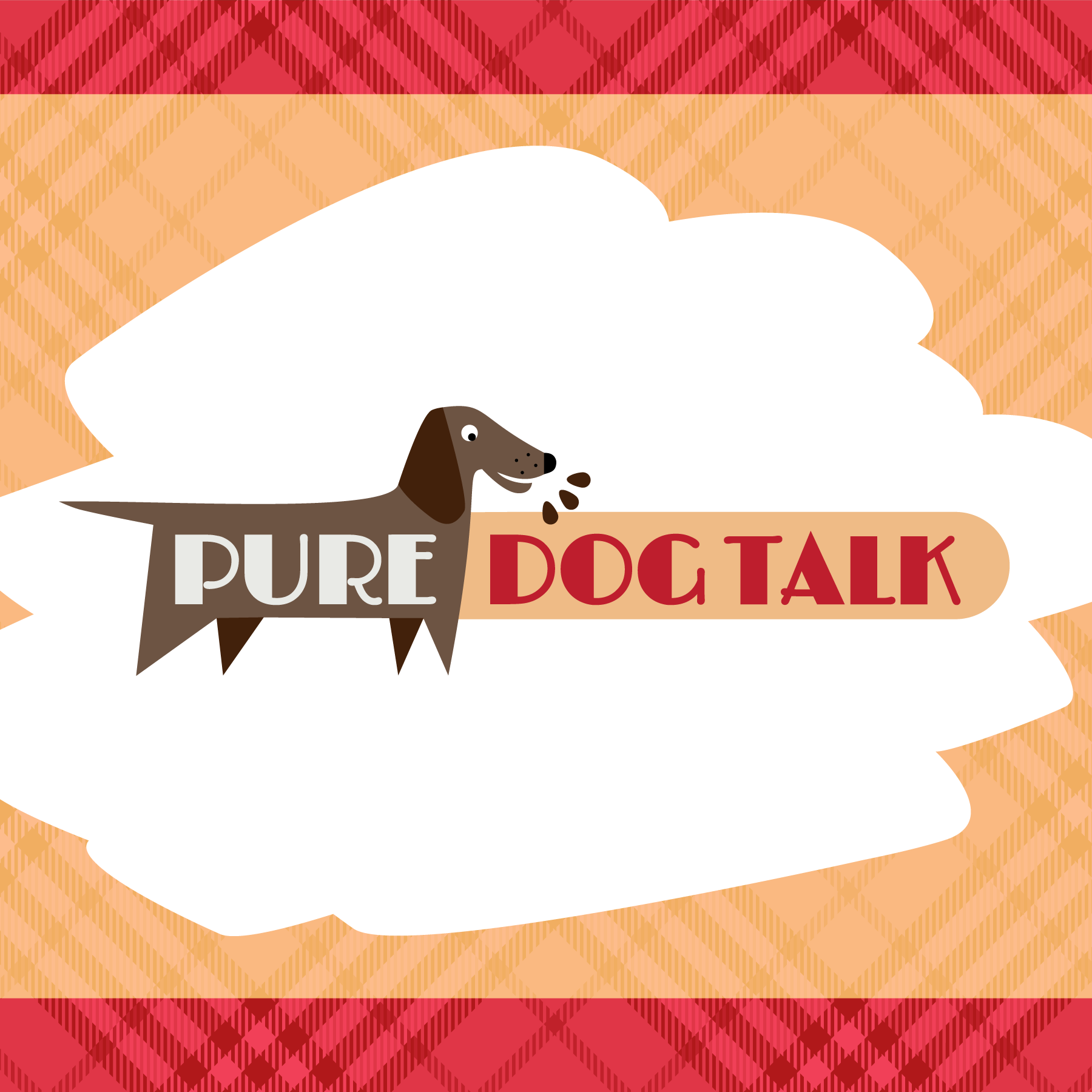Seizures in Dogs: Causes, Treatments and Considerations
Dr. Marty Greer joins host Laura Reeves for this month’s Veterinary Voice talking about seizures in dogs. Type of seizure, age of onset, causes and treatments are all up for discussion today.
“Seizures can be actually epilepsy, which has probably got a genetic component to it,” Greer said. “Where the dog has an epileptic tendency. Typically those are going to be seen in certain breeds of dogs and they typically happen between two and four years of age for the first seizure. If we're seeing seizures or seizure type activity or episodes in really young dogs or dogs that are elderly, it's probably not primarily an epileptic situation.
“If it's a very young puppy, the first thing we look at is blood glucose. If their glucose drops because they're not eating adequately, they don't have enough glycogen stores in their liver, and so they’re weak or they’re sick, they'll have a seizure type of activity. So, the first thing we do in anything that’s really young or really old, is reach for some kind of glucose. You can reach your Karo syrup, you can reach for honey. If you have caramels and the dog is capable of chewing them, that's great. You can give sweetened condensed milk. Glucose can be absorbed right through the gums, so the dog doesn't actually have to swallow to get the effect of bringing up their glucose.
“If you have an older dog (with seizure activity) the first thing to do is get some initial blood work. That's easy to do. You can check calcium, you can check glucose. It's easiest and most effective to check it very close to the time of the event. Glucose can go down for multiple reasons. I've seen it go down during severe pregnancy toxicosis. I've seen it go down because dogs have eaten xylitol, sugarless gum and candy. And I've seen it go down because dogs have insulinomas, which is a tumor in the pancreas. Those are functional tumors that create so much insulin that the dog’s blood glucose drops precipitously. Anytime your glucose is too low you can have a seizure. I've also seen it go down in Addison's disease.
“You want to be sure that you’re comprehensive and complete on what's going on with the dog before you jump to any conclusions. There's always the toxins. So, xylitol we've talked about as a possible toxin, but there are some rat poisons and some other neurotoxins that we can see not the vitamin K type of rat poison. There's a lot of other kind of nasty toxins that are out there that dogs can sometimes get into. Sometimes our pharmaceutical medications can cause that as well, so appetite suppressants can cause it, there are a number of different drugs on the market that can cause seizure type of activities. It's really important that we get a good history on these drugs what they might have gotten into.
“The other thing to know is that the new class of oral flea and tick medications can cause neurologic disease tremors. That can also include seizures in seizure prone dogs. If your dog recently had a dose of that, typically within 24 hours, you need to include that too. So you need to go through the list of anything that's possible, anything that's the dog was given deliberately or not deliberately so that we are not missing any information that could potentially be a problem.
“Of course, in the older dog, there are structural abnormalities like brain tumors. That's diagnosed with either CT scan or an MRI … there's a lot of things that make dogs look like seizures, but it's not always epilepsy. Epilepsy is a diagnosis of exclusion. Typically, we diagnose it after everything else has been ruled out.”
Listen in to the podcast for Dr. Greer’s suggestions on treatment plans and more.
And go back to
Liz Hansen's conversation on the research in this area.

